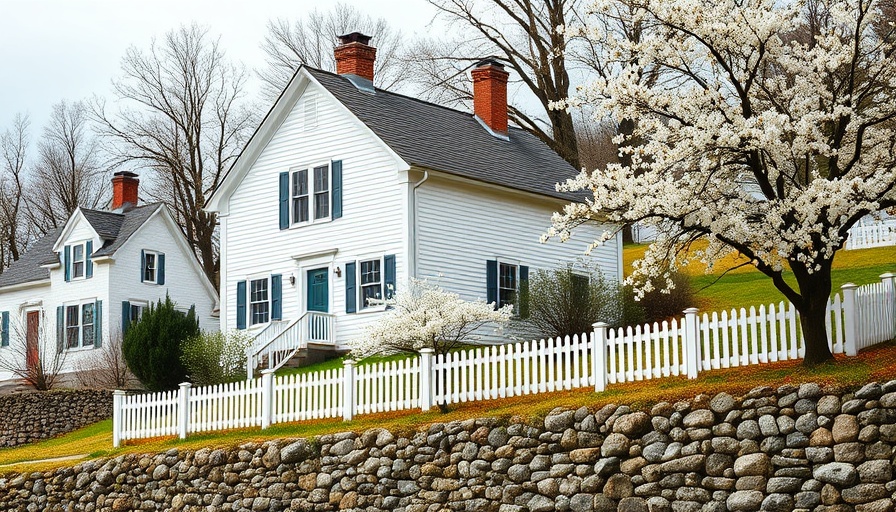
Creating a Sustainable Household Budget
When stepping into homeownership, your budgeting landscape shifts dramatically. A household budget isn’t just a tool to track finances; it’s your roadmap for maintaining and improving your new investment. This detailed guide will set you on the path toward financial stability and growth in your homeownership journey.
Understanding Your Monthly Expenses
Owning a home comes with financial responsibilities that are not present while renting. It's crucial to account for these expenses thoroughly to avoid surprises.
Utilities: Besides the familiar costs of electricity and gas, homeowners may face additional bills for water, sewer, trash collection, and more. Some of these may arrive quarterly, and others like fuel for an oil furnace can be an unexpected cost that catches new homeowners off guard. Regularly tracking these can help you budget more effectively.
Taxes and Insurance: Property taxes are calculated based on the value of your home and can vary significantly based on location. Homeowners insurance protects against damages and liabilities, and while often included in mortgage payments, triaging these costs separately provides a clearer picture of your financial commitments.
HOA Dues: If your property is part of a homeowners association, ensuring timely payment of dues is essential. Unlike typical monthly bills, these may be due quarterly and can contribute significantly to your overall property expenses.
Establishing an Emergency Fund
After moving in, there is an urge to invest in furniture and home improvements. But before overspending, prioritize setting aside an emergency fund tailored for unexpected expenses that frequently accompany homeownership.
Why an Emergency Fund is Crucial: From appliance failures to plumbing issues, homeownership brings unique challenges. Unforeseen repairs or replacement of major systems can quickly drain your finances. It’s advisable to allocate a portion of your budget for emergencies to provide peace of mind.
How Much to Save: Financial experts generally recommend setting aside three to six months of living expenses as a benchmark for an emergency fund. This ensures that homeowners can weather temporary financial setbacks without jeopardizing their mortgage commitments.
Capitalizing on Home Investment Opportunities
Building a budget is not only about managing expenses but also about seizing opportunities for home improvements that could enhance property value. Consider these areas of potential investment:
- Energy Efficiency Improvements: Investing in energy-efficient appliances can reduce utility expenses long-term.
- Updating Curb Appeal: Landscaping and exterior improvements can increase your home’s overall value.
- Interior Enhancements: Simple upgrades to your kitchen or bathrooms can yield high returns on investment.
Aligning with Real Estate Trends
Understanding current real estate trends aids in making informed decisions. A well-planned budget can provide flexibility to respond to market changes—whether that's investing in upcoming developments or exploring rental opportunities.
Real estate websites such as Zillow and Trulia often offer valuable insights into the current home market. Utilizing these resources can equip homeowners with data to inform growth strategies for their property.
Strategizing Your Home Budget for Success
Budgeting for a household goes beyond simple number crunching. By embracing a comprehensive approach to understanding monthly expenses, building an emergency fund, and aligning with real estate opportunities, homeowners can significantly improve their financial health.
Stay proactive about your finances; constant adjustments to your budget reflecting changes in your household income and expenses, as well as real estate market trends, are essential for long-term success.
Conclusion: Taking Action for a Secure Future
Your journey into homeownership starts with a strong foundation in budgeting. Are you ready to take control of your finances and ensure a stable future in your new space? Begin implementing these techniques to craft a budget that works for you.
 Add Row
Add Row  Add
Add 



Write A Comment